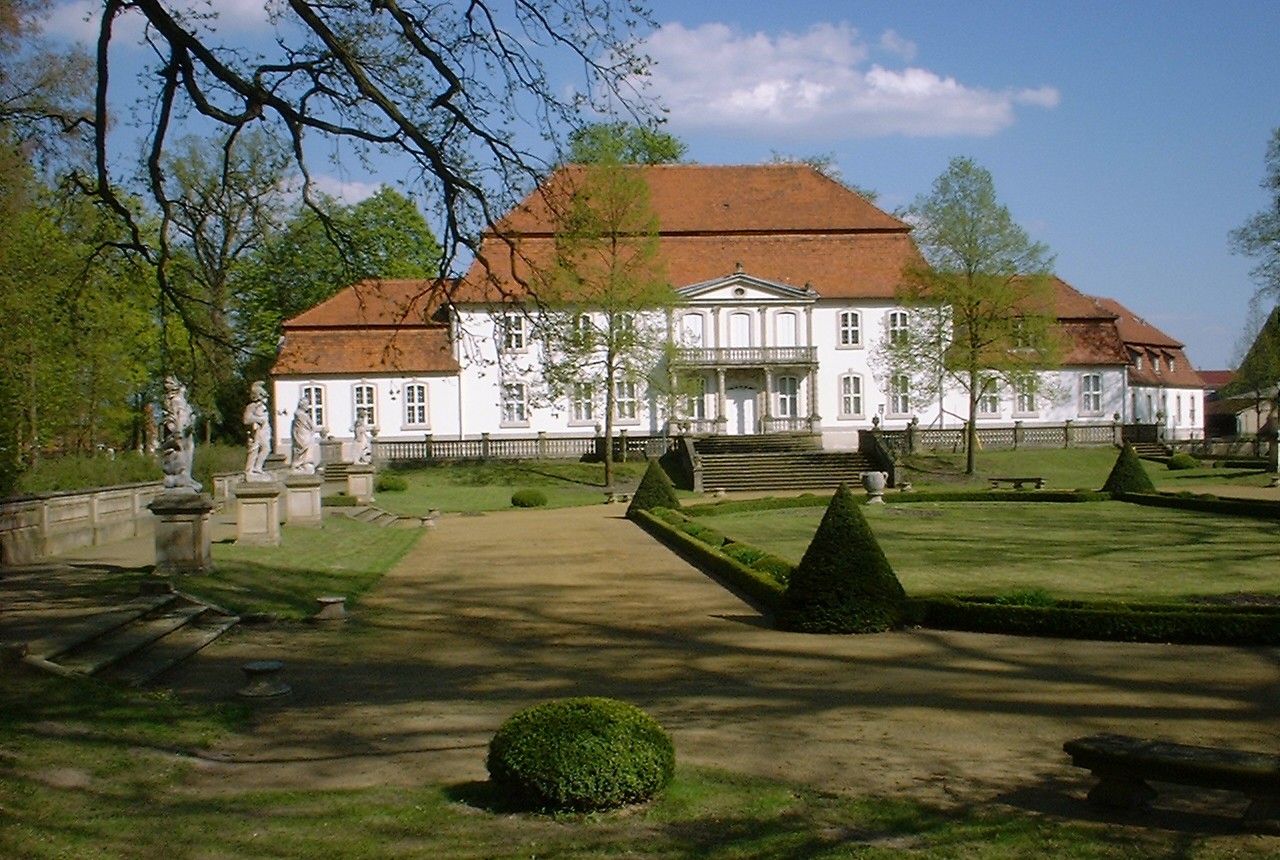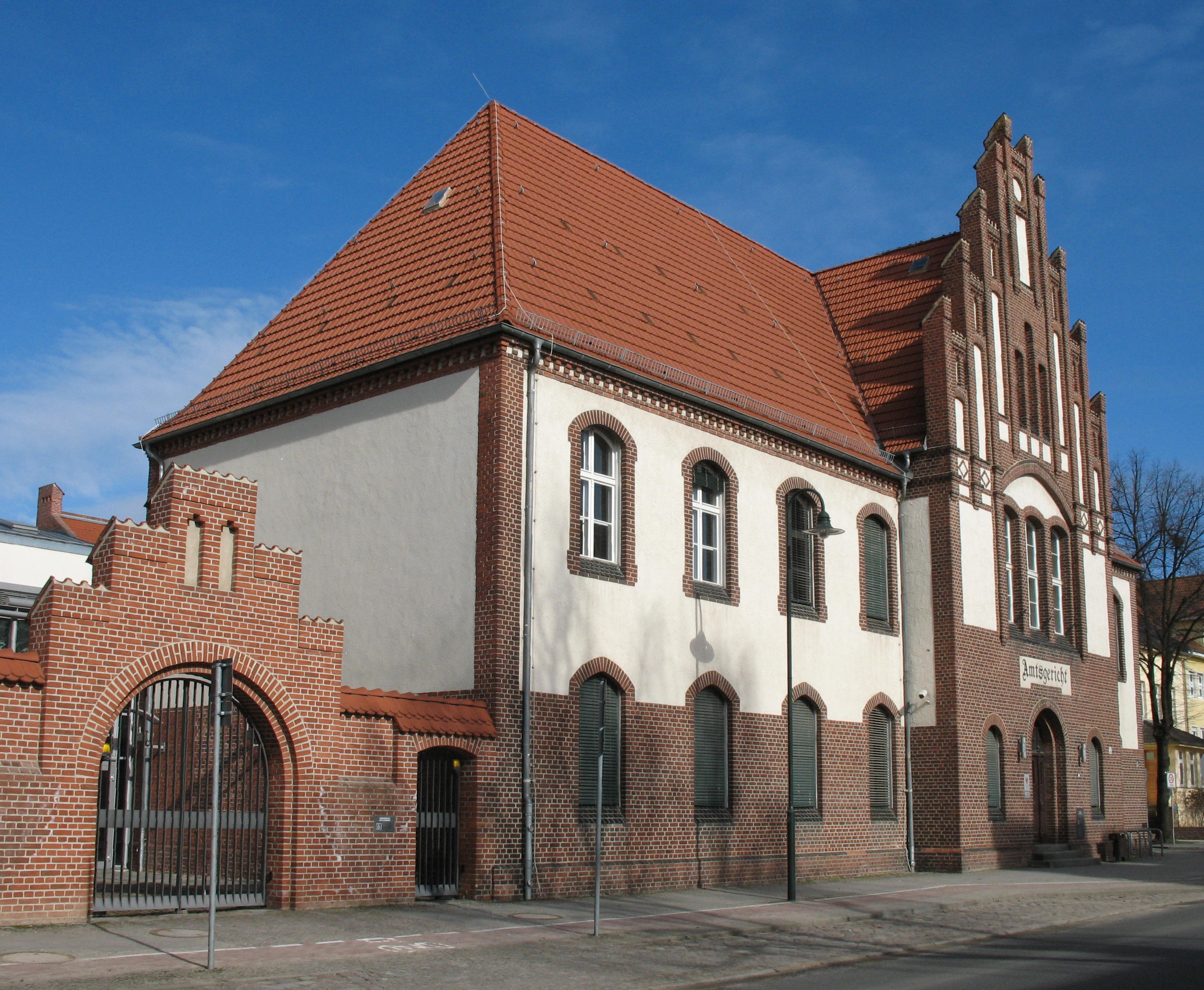|
Ursula Püschel
Ursula Püschel (1 June 1930 – 10 August 2018) was a German literary critic, journalist and writer. One focus of her activities was the work of the writer Bettina von Arnim, a representative of the Vormärz-Literatur. Life Born in , after Abitur in 1948, Püschel studied history and German studies at the Humboldt University of Berlin. She completed her studies in 1952 with the Staatsexamen. She then worked at the Akademie der Künste in Berlin in the Bettina von Arnim Archive until 1955. In 1965, she was awarded her doctorate with the Dissertation ''Bettina von Arnims politische Schriften''Ursula Püschel: ''Bettina von Arnims politische Schriften''. Inauguraldissertation, Humboldt-Universität zu Berlin, 1965Mikroform, OCLC 122897837/ref> presented at the Humboldt University. In the following years she worked - in addition to her scientific work - for the press, radio, theatre, television and film. Since 1985, Püschel has worked as a freelance literary critic and essayist. ... [...More Info...] [...Related Items...] OR: [Wikipedia] [Google] [Baidu] |
Literary Criticism
Literary criticism (or literary studies) is the study, evaluation, and interpretation of literature. Modern literary criticism is often influenced by literary theory, which is the philosophical discussion of literature's goals and methods. Though the two activities are closely related, literary critics are not always, and have not always been, theorists. Whether or not literary criticism should be considered a separate field of inquiry from literary theory is a matter of some controversy. For example, the ''Johns Hopkins Guide to Literary Theory and Criticism'' draws no distinction between literary theory and literary criticism, and almost always uses the terms together to describe the same concept. Some critics consider literary criticism a practical application of literary theory, because criticism always deals directly with particular literary works, while theory may be more general or abstract. Literary criticism is often published in essay or book form. Academic literary ... [...More Info...] [...Related Items...] OR: [Wikipedia] [Google] [Baidu] |
Schloss Wiepersdorf
Schloss Wiepersdorf is a ''Schloss'' in Niederer Fläming,Brandenburg Brandenburg (; nds, Brannenborg; dsb, Bramborska ) is a states of Germany, state in the northeast of Germany bordering the states of Mecklenburg-Vorpommern, Lower Saxony, Saxony-Anhalt, and Saxony, as well as the country of Poland. With an ar ..., Germany. It is known for being the home of the famous von Arnim family, in whose ownership the schloss remained from 1780 until 1945. After this, the house became the Künstlerhaus Schloss Wiepersdorf, a literary institute. Scholars and writers receive grants to stay in the house and complete their work amongst other scholars and writers. The institute offers book readings, exhibitions, concerts, and other events, for the General public. It also houses a museum, commemorating the Von Arnims, and their role in Germany's literary history. References {{DEFAULTSORT:Kunstlerhaus Schloss Wiepersdorf Castles in Brandenburg Arnim family ... [...More Info...] [...Related Items...] OR: [Wikipedia] [Google] [Baidu] |
German Women Literary Critics
German(s) may refer to: * Germany (of or related to) **Germania (historical use) * Germans, citizens of Germany, people of German ancestry, or native speakers of the German language ** For citizens of Germany, see also German nationality law **Germanic peoples (Roman times) * German language **any of the Germanic languages * German cuisine, traditional foods of Germany People * German (given name) * German (surname) * Germán, a Spanish name Places * German (parish), Isle of Man * German, Albania, or Gërmej * German, Bulgaria * German, Iran * German, North Macedonia * German, New York, U.S. * Agios Germanos, Greece Other uses * German (mythology), a South Slavic mythological being * Germans (band), a Canadian rock band * "German" (song), a 2019 song by No Money Enterprise * ''The German'', a 2008 short film * "The Germans", an episode of ''Fawlty Towers'' * ''The German'', a nickname for Congolese rebel André Kisase Ngandu See also * Germanic (other) * German ... [...More Info...] [...Related Items...] OR: [Wikipedia] [Google] [Baidu] |
German Literary Critics
German(s) may refer to: * Germany (of or related to) **Germania (historical use) * Germans, citizens of Germany, people of German ancestry, or native speakers of the German language ** For citizens of Germany, see also German nationality law **Germanic peoples (Roman times) * German language **any of the Germanic languages * German cuisine, traditional foods of Germany People * German (given name) * German (surname) * Germán, a Spanish name Places * German (parish), Isle of Man * German, Albania, or Gërmej * German, Bulgaria * German, Iran * German, North Macedonia * German, New York, U.S. * Agios Germanos, Greece Other uses * German (mythology), a South Slavic mythological being * Germans (band), a Canadian rock band * "German" (song), a 2019 song by No Money Enterprise * ''The German'', a 2008 short film * "The Germans", an episode of ''Fawlty Towers'' * ''The German'', a nickname for Congolese rebel André Kisase Ngandu See also * Germanic (other) * Germa ... [...More Info...] [...Related Items...] OR: [Wikipedia] [Google] [Baidu] |
2018 Deaths
This is a list of deaths of notable people, organised by year. New deaths articles are added to their respective month (e.g., Deaths in ) and then linked here. 2022 2021 2020 2019 2018 2017 2016 2015 2014 2013 2012 2011 2010 2009 2008 2007 2006 2005 2004 2003 2002 2001 2000 1999 1998 1997 1996 1995 1994 1993 1992 1991 1990 1989 1988 1987 See also * Lists of deaths by day The following pages, corresponding to the Gregorian calendar, list the historical events, births, deaths, and holidays and observances of the specified day of the year: Footnotes See also * Leap year * List of calendars * List of non-standard ... * Deaths by year {{DEFAULTSORT:deaths by year ... [...More Info...] [...Related Items...] OR: [Wikipedia] [Google] [Baidu] |
1930 Births
Year 193 ( CXCIII) was a common year starting on Monday (link will display the full calendar) of the Julian calendar. At the time, it was known as the Year of the Consulship of Sosius and Ericius (or, less frequently, year 946 '' Ab urbe condita''). The denomination 193 for this year has been used since the early medieval period, when the Anno Domini calendar era became the prevalent method in Europe for naming years. Events By place Roman Empire * January 1 – Year of the Five Emperors: The Roman Senate chooses Publius Helvius Pertinax, against his will, to succeed the late Commodus as Emperor. Pertinax is forced to reorganize the handling of finances, which were wrecked under Commodus, to reestablish discipline in the Roman army, and to suspend the food programs established by Trajan, provoking the ire of the Praetorian Guard. * March 28 – Pertinax is assassinated by members of the Praetorian Guard, who storm the imperial palace. The Empire is auctioned o ... [...More Info...] [...Related Items...] OR: [Wikipedia] [Google] [Baidu] |
Junge Welt
''Junge Welt'' (English: ''Young World'', stylized in its logo as ''junge Welt'') is a German daily newspaper, published in Berlin. The jW describes itself as a left-wing and Marxist newspaper. German authorities categorize it as a far-left medium hostile to the constitutional order. History and profile ''junge Welt'' was first published on 12 February 1947 in the Soviet occupation zone, Soviet Sector of Berlin. The paper became the official newspaper of the Central Council ''(Zentralrat)'' of the Free German Youth (FDJ), the communist youth organisation, on 12 November 1947. With a daily circulation of 1.38 million, ''junge Welt'' had the largest circulation of any daily newspaper in the German Democratic Republic, even higher than the official Communist party organ ''Neues Deutschland''. The paper was published by Verlag Junge Welt GmbH during the East German era. The paper was allegedly sold for a symbolic price of 1 Mark to a West Berlin publishing house in 1991. It was rela ... [...More Info...] [...Related Items...] OR: [Wikipedia] [Google] [Baidu] |
Bernau Bei Berlin
Bernau bei Berlin (English ''Bernau by Berlin'', commonly named Bernau) is a German town in the Barnim district. The town is located about northeast of Berlin. History Archaeological excavations of Mesolithic-era sites indicate that this area has been inhabited since about 8800 BC. The city was first mentioned in 1232. The reasons for its founding are not known. According to a legend, Albert I of Brandenburg permitted the founding of the city in 1140 because of the good beer which was offered to him. Beer was brewed with water from the river Panke. Therefore, it was forbidden by law to pollute this river with waste and excrement when brewing took place. Bernau had its boom years before the Thirty Years' War. Large parts of the defensive wall with town gate and wet moats are relics of that time. These helped Bernau defend itself successfully against attackers, e.g. the Hussites in 1432. Following the plague and war, Bernau became poor and bleak. Frederick I of Prussia settled 25 ... [...More Info...] [...Related Items...] OR: [Wikipedia] [Google] [Baidu] |
Frederick William IV Of Prussia
Frederick William IV (german: Friedrich Wilhelm IV.; 15 October 17952 January 1861), the eldest son and successor of Frederick William III of Prussia, reigned as King of Prussia from 7 June 1840 to his death on 2 January 1861. Also referred to as the "romanticist on the throne", he is best remembered for the many buildings he had constructed in Berlin and Potsdam as well as for the completion of the Gothic Cologne Cathedral. In politics, he was a conservative, who initially pursued a moderate policy of easing press censorship and reconciling with the Catholic population of the kingdom. During the German revolutions of 1848–1849, he at first accommodated the revolutionaries but rejected the title of Emperor of the Germans offered by the Frankfurt Parliament in 1849, believing that Parliament did not have the right to make such an offer. He used military force to crush the revolutionaries throughout the German Confederation. From 1849 onward he converted Prussia into a constit ... [...More Info...] [...Related Items...] OR: [Wikipedia] [Google] [Baidu] |
Authorship
An author is the writer of a book, article, play, mostly written work. A broader definition of the word "author" states: "''An author is "the person who originated or gave existence to anything" and whose authorship determines responsibility for what was created''." Typically, the first owner of a copyright is the person who created the work, i.e. the author. If more than one person created the work (i.e., multiple authors), then a case of joint authorship takes place. The copyright laws are have minor differences in various jurisdictions across the United States. The United States Copyright Office, for example, defines copyright as "a form of protection provided by the laws of the United States (title 17, U.S. Code) to authors of 'original works of authorship.'" Legal significance of authorship Holding the title of "author" over any "literary, dramatic, musical, artistic, rcertain other intellectual works" gives rights to this person, the owner of the copyright, especially t ... [...More Info...] [...Related Items...] OR: [Wikipedia] [Google] [Baidu] |
Klassik Stiftung Weimar
The Klassik Stiftung Weimar (''Classical Foundation Weimar'') is one of the largest and most significant cultural institutions in Germany. It owns more than 20 museums, palaces, historic houses and parks, as well as literary and art collections, a number of which are World Heritage Sites.Klassik Stiftung Weimar. About us. Retrieved 25 November 2018 It focuses on the period, but also covers 19th and 20th century art and culture with properties associated with Franz Liszt, |




.jpg)
